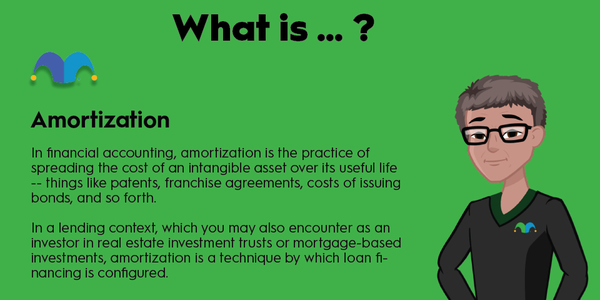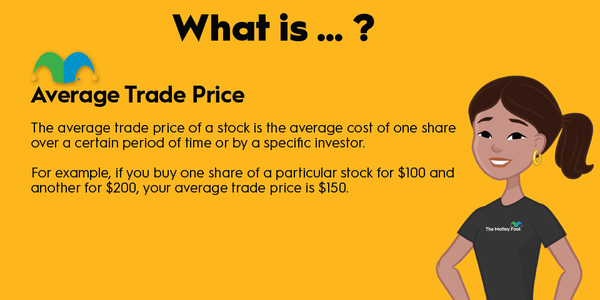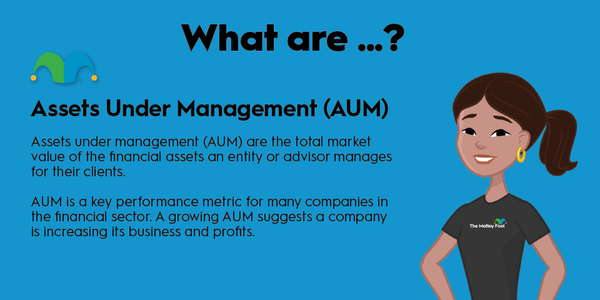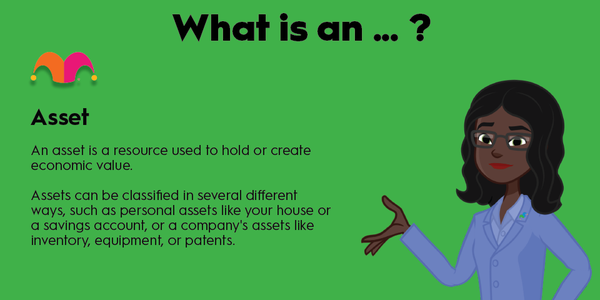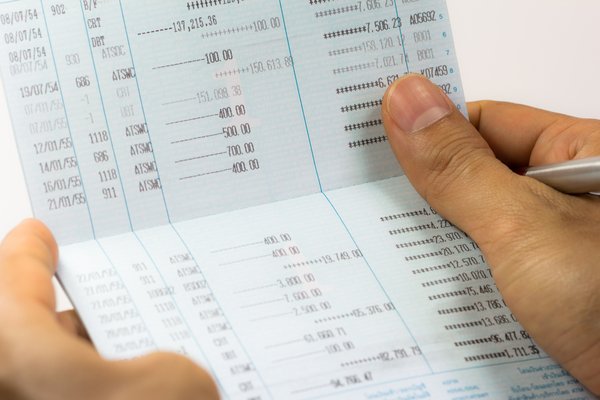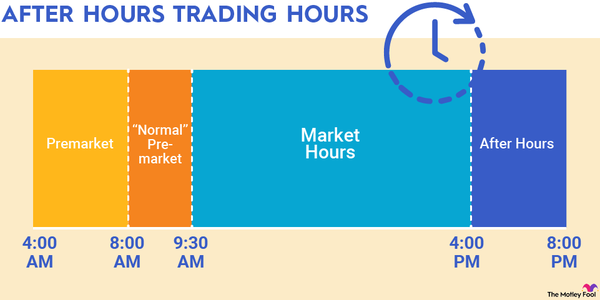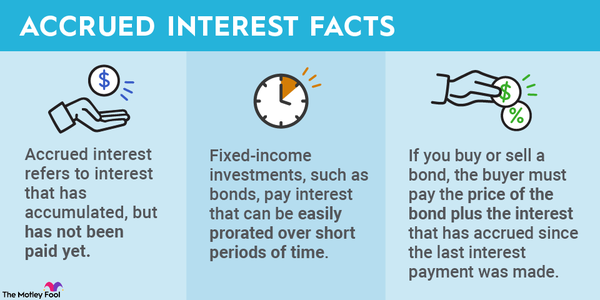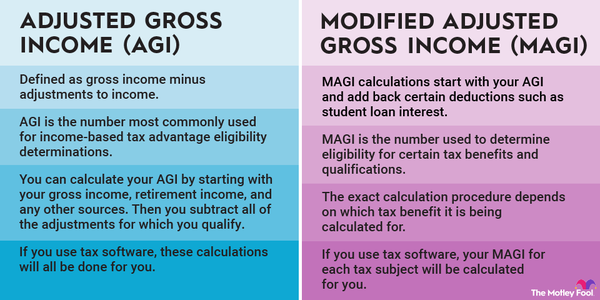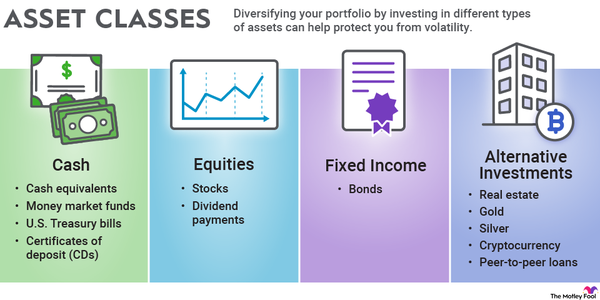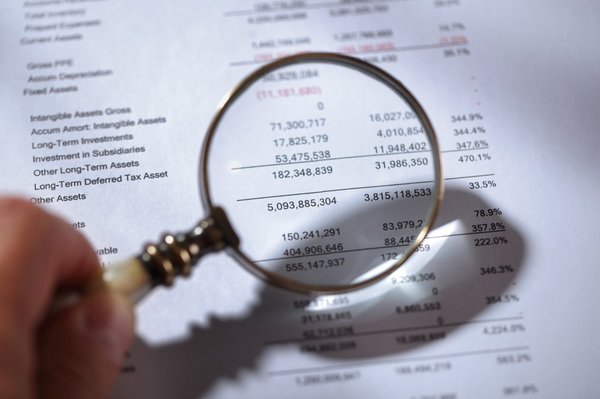There are some investment opportunities that are open to the public, such as the stock market. But there are also some investments that not everyone can participate in, such as private equity deals, commercial real estate crowdfunding, and venture capital.
Many investments of this nature are limited to a type of individual or entity known as an accredited investor. In this article, we'll discuss what an accredited investor is and what you might be able to do if you meet the criteria.
What is an accredited investor?
What is an accredited investor?
An accredited investor is an individual or entity that has a certain level of financial sophistication. The idea is that if investment opportunities limit participation to investors who can afford to take more risk and are able to conduct due diligence on investment opportunities, there is less of a need to register with organizations designed to protect individual investors, specifically the SEC.
For individuals, there are three main ways to qualify as an accredited investor:
- By income: An individual investor can be considered an accredited investor if they have annual income of at least $200,000 for the past two consecutive years and a reasonable expectation of reaching this income level in the current year. Individuals can also qualify if their income is at least $300,000 when combined with their spouse’s income.
- By assets: Individuals can be considered accredited investors if they have a net worth (assets minus debts) of at least $1 million, not including their primary residence. The $1 million threshold applies to both individuals and married couples.
- By credential: Individuals who hold a Series 7, Series 65, or Series 82 license are accredited investors.
It's important to point out that to be an accredited investor, you only need to meet one of these qualification standards. For example, a retired person with $2 million in assets and very little income would qualify.
So if an individual had annual income of $220,000 in 2021, $250,000 in 2022, and is on track to earn $275,000 in 2023, but only had a net worth of $200,000, they would qualify as an accredited investor just by income. Additionally, if an investment professional who recently graduated college passes the Series 7 examination, they could be considered an accredited investor even if their income and assets are far below the thresholds.
Directors, executive officers, or general partners of the company selling the securities are also considered accredited investors, regardless of their income or assets. And there are several ways that businesses or other entities can qualify as accredited investors. For example, corporations with more than $5 million in assets will qualify.
What can they do?
What can accredited investors do?
Accredited investors can access investment opportunities that aren't available to the general public. For example, many early-stage start-ups limit investments to accredited investors, and there are many opportunities in commercial real estate available exclusively to accredited investors.
The common theme is that these types of investments have tremendous reward potential. Imagine if you had participated in an early investment round for Meta Platforms (META 0.43%) or Tesla (TSLA -1.11%). Of course, they also have an above-average probability of losing all of their investors' money.
The idea is that the SEC wants to protect investors who can't afford to take on risks and absorb losses, or who don't have the financial sophistication to fully understand the risks involved with investment opportunities. This is why investments that anyone can put their money in (such as publicly traded stocks) are closely watched by the SEC. On the other hand, most investments that are limited to accredited investors are exempt from registration requirements.
Investing as an accredited investor
How to invest as an accredited investor
This process depends on the issuer of the securities or investment opportunities. Some may verify your accreditation status themselves, such as by asking for tax returns or asset statements. Some may simply ask you to self-certify, while others might use a third-party verification service, such as VerifyInvestor.com.
Whatever the specific process, most companies that offer unregistered investment opportunities take significant steps to ensure that only accredited investors participate. After all, the accredited investor rules are there to protect investors, not the companies taking their money.
Related investing topics
Examples of opportunities
Examples of accredited investor opportunities
The biggest example of opportunities available to accredited investors is private equity investments, such as venture capital deals or direct investments in early-stage companies. You may have heard of investors "getting in early" on companies such as Stripe, SpaceX, or others that are still private. Well, accredited investors may be able to participate in venture funding rounds led by VC firms.
Commercial real estate investing is another big example. While there are some crowdfunded real estate opportunities available to all investors, in practice most single-asset deals on platforms such as CrowdStreet are limited to accredited investors.

